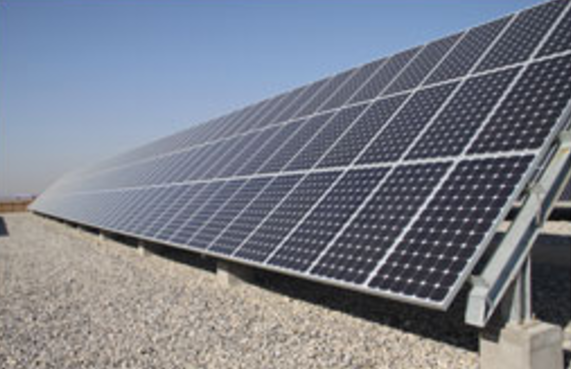Jinzhou Chuanghui New Energy, a wholly owned unit of the Solargiga Energy group, will install the new production lines in facilities it already owns. Mass production is scheduled to start late in the second quarter, according to a statement to the Hong Kong stock exchange.
Solargiga Energy bought a 63% stake in Jinzhou Chuanghui New Energy last year. The indirect wholly owned group subsidiary started out producing multicrystalline wafers. However, it ultimately failed to scale up the business and has since decided to stop investing in wafer production. It will now use its old wafer plants to produce PV modules.
The Solargiga Energy group’s monocrystalline silicon ingot and wafer business will likely reach an annual production capacity of 1.8 GW in the second half of this year. Yearly PV cell production is expected to reach 400 MW, while PV module output is set to hit 2.2 GW.
In September, the group announced plans to invest $52.8 million to annually produce 600 MW of monocrystalline silicon ingots and 600 MW of wafers at a new factory in Qujing, in China’s Yunnan province. The group said it will use some of its wafers to produce its own solar cells, but it also plans to sell some of its wafers to third-party PV cell producers. It will then buy those cells to support its own PV module production operations.
Popular content
The group recorded revenue of CNY 3.96 billion in 2017, up 31.2% year on year. Its full-year shipments of PV modules, cells, ingots and wafers reached 2.4 GW, up 57.3% from the preceding year, according to unaudited results released in January.
*This article was amended on Tuesday, March 6. We initially reported that Solargiga's revenue fell 31.2% year on year. Its revenue actually rose 31.2% on the year.
This content is protected by copyright and may not be reused. If you want to cooperate with us and would like to reuse some of our content, please contact: editors@pv-magazine.com.


By submitting this form you agree to pv magazine using your data for the purposes of publishing your comment.
Your personal data will only be disclosed or otherwise transmitted to third parties for the purposes of spam filtering or if this is necessary for technical maintenance of the website. Any other transfer to third parties will not take place unless this is justified on the basis of applicable data protection regulations or if pv magazine is legally obliged to do so.
You may revoke this consent at any time with effect for the future, in which case your personal data will be deleted immediately. Otherwise, your data will be deleted if pv magazine has processed your request or the purpose of data storage is fulfilled.
Further information on data privacy can be found in our Data Protection Policy.